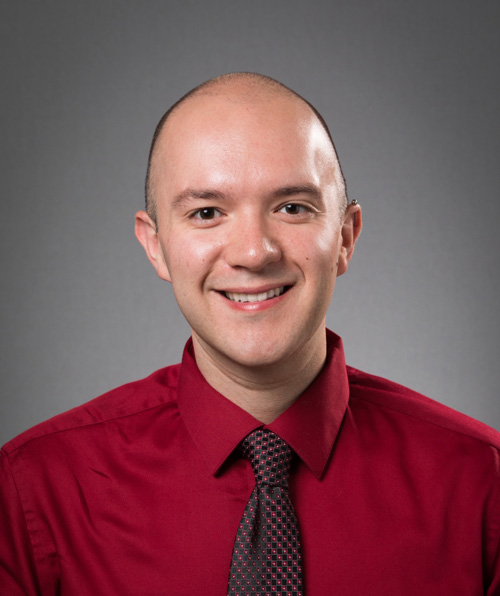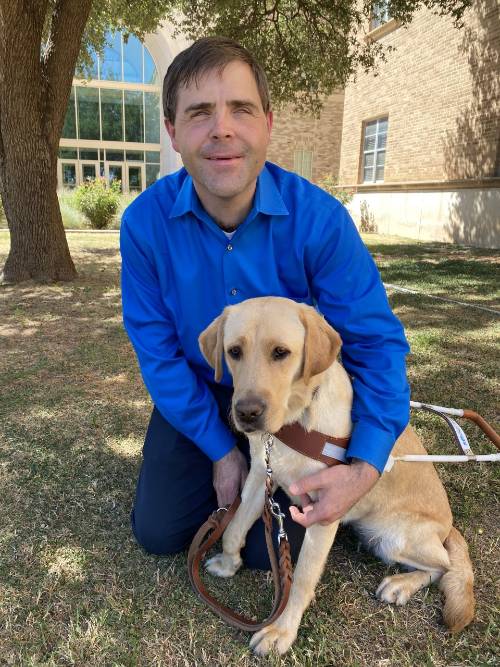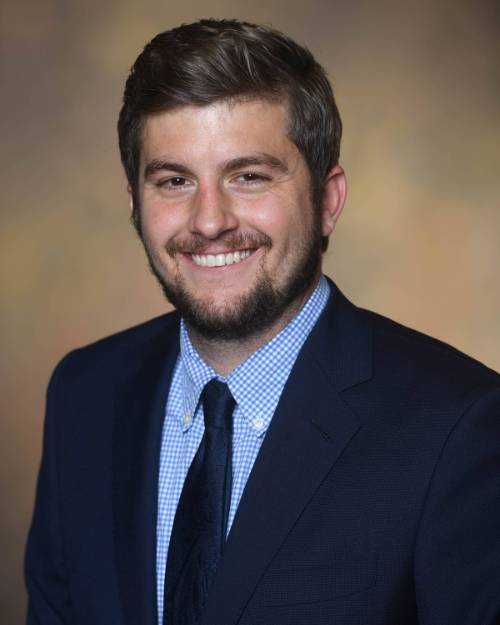Psychological Sciences Labs
Providing research experiences for students has become a widely recognized and accepted goal of a college education. Through undergraduate research experiences, students in Psychology participate in a range of activities that draw them into the contemporary culture of psychological science and integrate them more fully into the practice of inquiry and research. The National Research Council, the National Science Foundation, the American Association for the Advancement of Science, and others, recommend that all undergraduate students be encouraged to pursue research projects, and that they get involved in research as early as is practical in their school programs. This has been achieved, in part, by getting students to work on research projects in lab and field settings under the guidance of faculty mentors, beginning as early as their freshman and sophomore years.
Clinical
Prevention and Intervention Lab
Research Interests: peer victimization; aggression; bullying; trauma; emotion regulation; parenting behavior; risk & protective factors; school-based mental health screening; prevention & intervention
Pediatric Health, Affect, and Biobehavioral Lab
Research Interests: interconnections between affect, related biobehavioral processes, and health in the daily lives of youths and young adults with or at-risk for chronic and complex medical conditions.
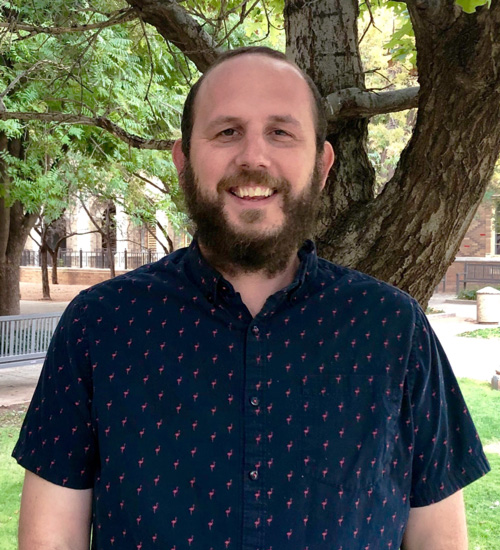
Andrew Littlefield, Ph.D.
Associate Professor; Admissions Coordinator
Andrew.Littlefield@ttu.edu
(806) 834-3746
Substance Use Disorders Studies (SUDS) Lab
Research Interests: developmental change in alcohol involvement as it relates to personality development, drinking motives, acquisition of adult roles, and genetic and environmental factors.
Suicide Risk and Prevention Research (SRPR) Lab
Research Interests: suicide risk and prevention among high-risk individuals.
Research Interests: the intersection of health, clinical, and social psychology, as well as immunology and microbiology, trying to uncover the psychological and biological mechanisms through which our social relationships affect our physical and psychological health and well-being.
Pathways to Resilient Youth Development (PRYDE) lab
Research Interests: understanding the interactions between cognitive abilities, neurobiology, and psychosocial environment on positive development, particularly among justice-involved youth and youth experiencing traumatic brain injuries.
GRILL (Grief and Responses to Illness into Late Life) Lab
Research Interests: psychological health in aging and illness, the interconnection of the biopsychosocial processes within individuals with life limiting illnesses (e.g., cancer; dementia) and their caregivers.

Jason Van Allen, Ph.D.
Associate Professor; Director of Clinical Training; John G. Skelton Jr. Regents Professorship
jason.vanallen@ttu.edu
(806) 834-7703
Examining Nutrition, Exercise, and Rest in Growing Youth (ENERGY) Lab
Research Interests: pediatric psychology, health psychology, positive psychology, obesity/weight-management interventions, physical activity promotion, and sleep medicine.
Tracking Risk over Time Lab (TRTL)
Research Interests: non-suicidal self-injury (NSSI) and suicide, factors that increase risk for these problems across people, and intra-individual factors that contribute to short-term changes in self-harm risk in daily life.
Counseling

Dr. Nicholas C. Borgogna
Research Interests: Understanding the intersection between psychological distress and human sexuality as well as examining the nature of distressing psychological experiences (e.g., depression, anxiety, trauma) and better ways to treat/prevent them.
Supervision Expertise: I consider myself a third-wave behaviorist and draw primarily from ACT. I also heavily integrate techniques commonly associated with emotion-focused and interpersonal process therapies. My primary clinical interests include sexual issues, anxiety, depression, interpersonal problems (including romantic relationship problems), LGBTQ+ issues, men and masculinity issues, and religion/spirituality problems. I enjoy working with college students, young adults, adolescents, and couples. I also really enjoy group work and completed a group training track as part of my pre-doctoral internship (I take an interpersonal process approach to group work). Historically, I have supervised practicum students who have worked with young adults (primarily in a college counseling center setting).
Website: Gender, Sexuality, And Psychological Sciences (GSAPS) Lab
Dr. Sheila Garos
Research Interests: Human sexual behavior, behavioral addictions, sexual temptation bias, and women's OB/GYN health, women’s objectification of other women.
Supervision Expertise: I conceptualize cases from a psychodynamic perspective. This theoretical orientation provides the "frame" in which I assess client issues and explore the origin of problematic behaviors. I use a variety of interventions and techniques to address client concerns (e.g., CBT, solution-focused, behavioral activation, etc.). My approach focuses on family history and the links between a client's past and present. I teach students how to be direct and confront clients and make active interpretations during therapy. I utilize the therapeutic relationship, including transference and countertransference in an active "here and now" approach and deal very directly with client affect. Additionally, I have had a private practice since the year 2000. My training at the Kinsey Institute for Sex and Gender Research prepared me for a specialization in sexuality including the treatment of LGBTQ issues, sexual disorders, sexual dysfunctions, and sexual health. I also treat compulsive eaters, compulsive sexual behavior, and substance abuse. My other specialty area is couple's therapy. I also do general psychotherapy with issues such as depression, loss, trauma, and anxiety. Finally, I conduct evaluations for Assisted Reproductive Technology patients.
Website: https://s3xlab.wixsite.com/research
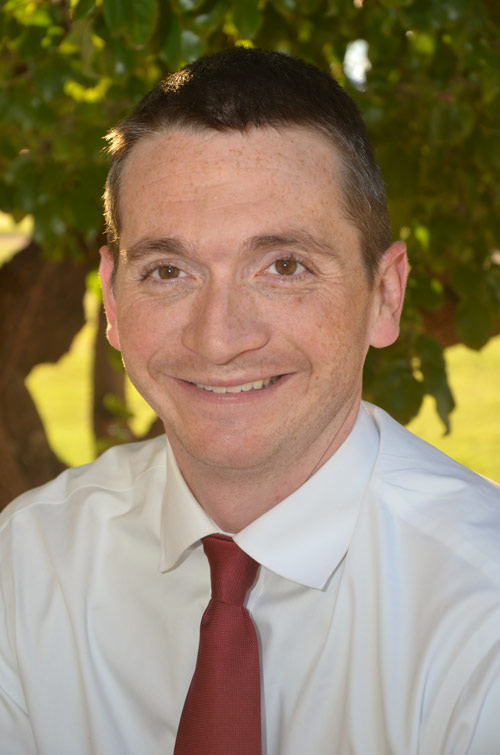
Dr. Paul B. Ingram
Research Interests: Personality measurement, veteran relevant issues such as PTSD and TBI, and mental health stigma, relating to attitudes, treatment behaviors, and physical health.
Supervision Expertise: I approach psychotherapy from an integrative approach which utilizes both cognitive-behavioral and humanistic approaches. My specialty areas include the treatment of anxiety, depression, trauma, and the unique needs of military service members and veterans; however, I can provide supervision for all adult clinic clients. I also provide supervision for psychological assessments, including ADHD/LD evaluations, diagnostic evaluations, IQ/developmental assessments, and public safety evaluations.

Dr. Brandy Piña-Watson
Latinx Mental Health & Resilience Lab
Research Interests: Latinx adolescent and emerging adult mental health disparities (focus on those of Mexican descent); Individual, familial, cultural, and societal impacts on depression, suicidal ideation and behaviors, well-being, and academic outcomes of Latinx individuals; gender socialization; mental health prevention and intervention with Latinx populations.
Supervision Expertise: I take an integrative approach to therapy that draws heavily from interpersonal, humanistic-existential, and multicultural perspectives. My primary clinical interests include crisis intervention, and treatment of adolescent and adult populations with concerns such as depression, suicidal ideation and behaviors, anxiety, trauma, gender and sexuality concerns, identity development, as well as familial and relational difficulties. I specialize in the treatment of ethnic minority and other marginalized populations. I supervise adolescent, adult, and couple's cases as well as provide supervision for ADHD/LD evaluations. I also provide supervision to supervisors in training.

Dr. Christine Robitschek
Research Interests: Positive psychology, multicultural aspects of personal growth initiative, implications of personal growth initiative for health/illness and interventions.
Supervision Expertise: I approach supervision from a developmental perspective, tailoring supervision to the unique needs of each therapist-in-training with the following major goals: (a) develop and clarify their theoretical orientation; (b) learn to work with clients in culturally relevant and appropriate ways grounded in evidence-based practice; and (c) work with client emotion in direct and effective ways. My Psychology Clinic practicum will provide training in general adult, individual psychotherapy with specialty training in integrating evidence-based positive psychology conceptualizations and interventions within other theories of psychotherapy.
Dr. Craig Warlick
Research Interests: My research focuses broadly on factors that influence mental health treatment. Most of my projects fall within four focal areas: 1) Delivery strategies of evidence-based treatments, 2) training within mental health at the graduate and professional level, 3) religiosity’s associations with mental health and the world of work, and 4) improving measurement within the three previous domains. Collaboration with others and advocacy underlies all my work, specifically regarding health disparities, marginalized populations, and more equitable access to resources.
Supervision Expertise: When practicing, I primarily identify as a third-wave behavioral therapist. I also draw heavily on common factors and second-wave behaviorism. In supervision, I prioritize the supervisory alliance and I use a developmental perspective to serve therapists-in-training who are providing services to adult clients.
Cognition & Cognitive Neuroscience

Dr. Philip Marshall
Research Interests: human-animal interaction generally, with a special interest in how humans process information about companion animals. Historically, also a well-developed interest in the areas of human memory, motor skills, and aging.
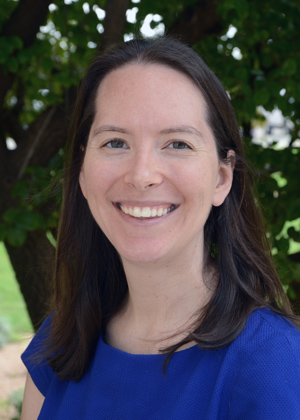
Dr. Miranda Scolari
Selective Attention & Perception Lab
Research Interests: The functions and limitations of the human visual system, and how mechanisms of attention recruit regions of the brain that process visual input in order to facilitate behavioral goals.

Dr. Roman Taraban
Cognition Lab
Research Interests: Text analysis, early reading instruction, learning strategies, categorization, engineering ethics.

Dr. Alice Young
Research Interests: psychopharmacology, discriminative and reinforcing effects of drugs and the roles of receptor-mediated processes in the development of drug tolerance and dependence.
Human Factors

Dr. HeeSun Choi
Research Interests: Occupational and driving safety related to attention and age-related declines; human-robot interaction safety; virtual reality and simulation technology

Dr. Eric Greenlee
Research Interests: Neuroergonomics (applied neuroscience & psychophysiology) of workload, fatigue, and vigilance; human-automation interaction (e.g., automated driving); individual and team workload

Dr. Keith Jones
Research Interests: Human-computer interaction, including human-robot interaction and human factors issues related to cybersecurity, and affordance perception
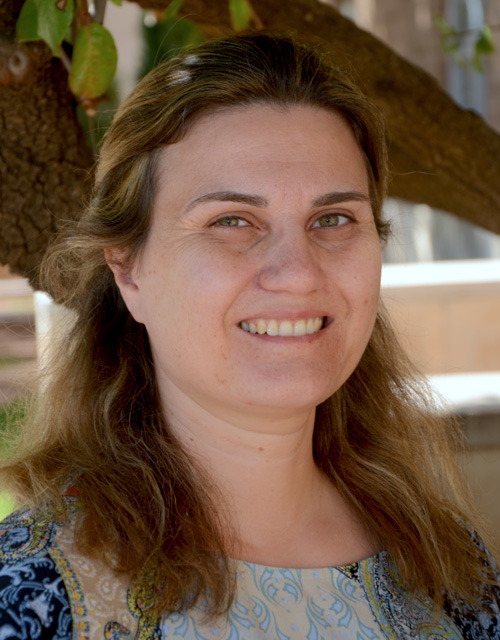
Dr. Martina Inge Klein
Research Interests: subjective measures of stress and workload, laparoscopy and robotic surgery, and errors in medicine.
Social

Dr. Jessica Alquist
Alquist Lab
Research Interests: self-control and its affects on physical health, agency, uncertainty, emotion, and how belief in free will can affect behavior.

Dr. Zachary P. Hohman
Social Identity Theory and Health (SITH) Lab
Research Interests: group processing, intergroup relations, self-concept, and persuasion, and their impact on health behaviors.</p

Dr. Annie Jung
Website
Research Interests: My research explores the social-psychological factors that promote or undermine cooperation among individuals and groups.</p

Dr. Amelia Talley
Stigma, Health, and Applied Research Center (SHARC)
Research Interests: intra and interpersonal functioning during times of stress, sexual identity, and psychosocial adjustment and physical health in the face of stigma and threats to self-concept.
Psychological Sciences
-
Address
Texas Tech University, Department of Psychological Sciences, Box 42051 Lubbock, TX 79409-2051 -
Email
kay.hill@ttu.edu



